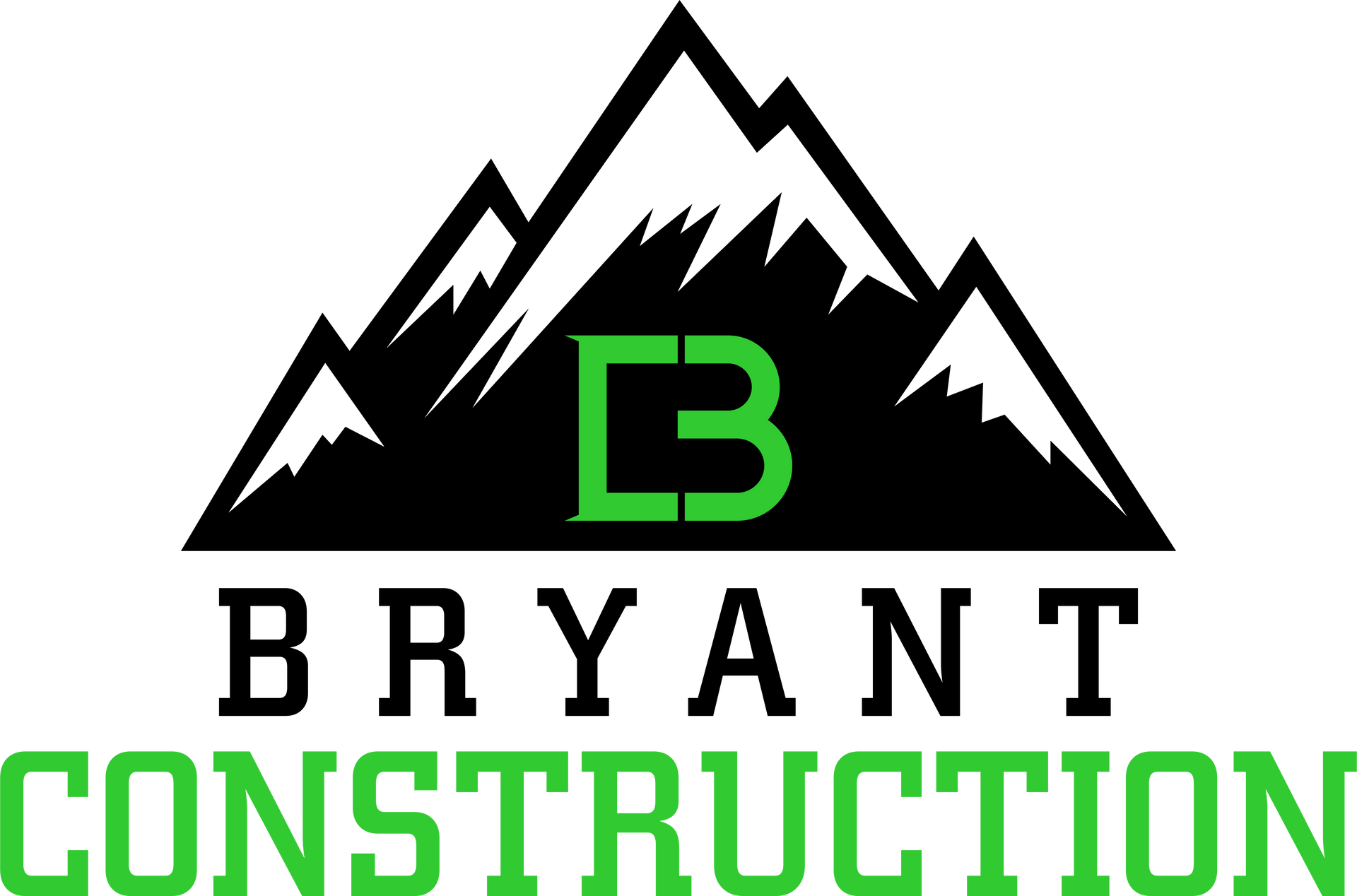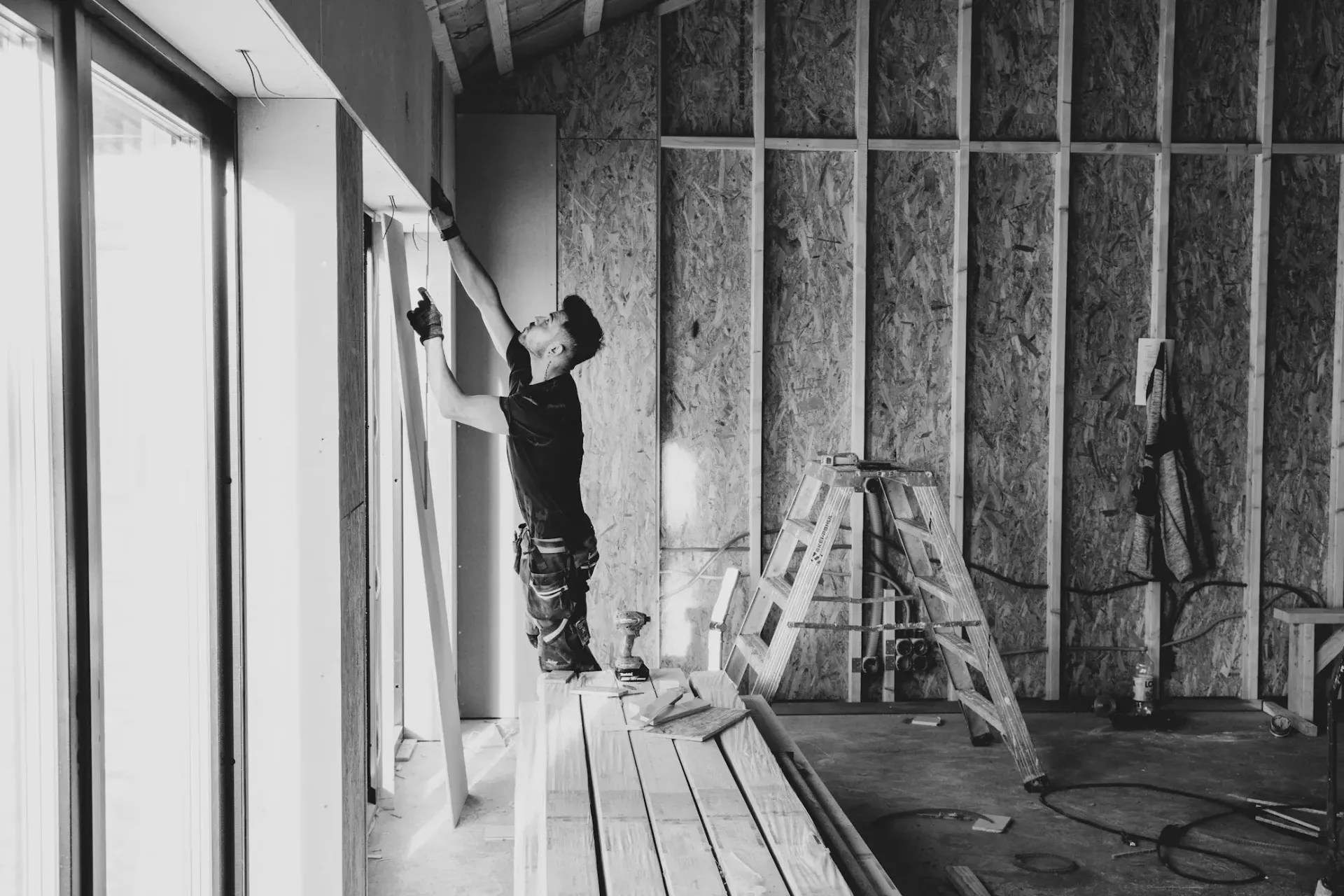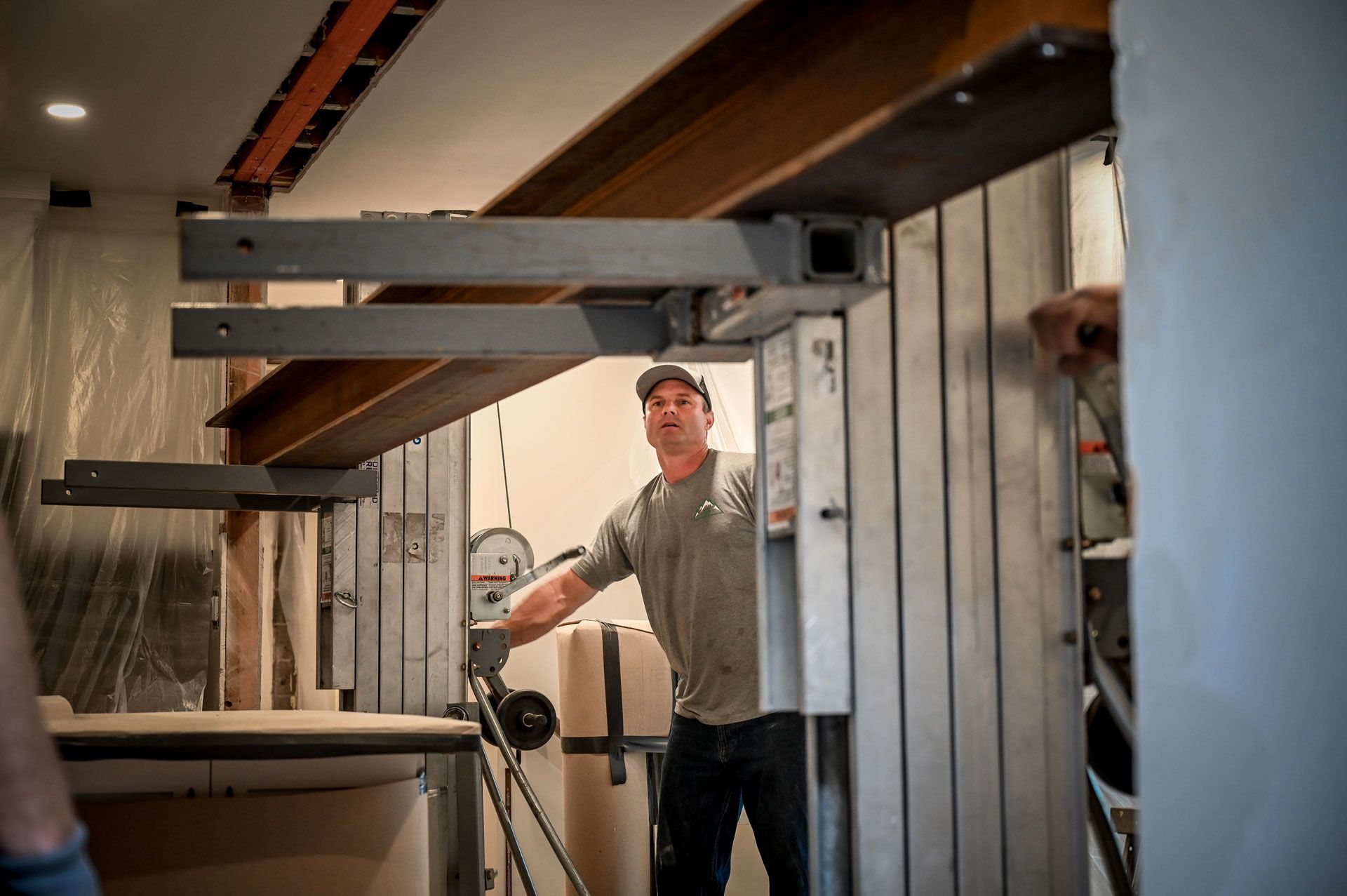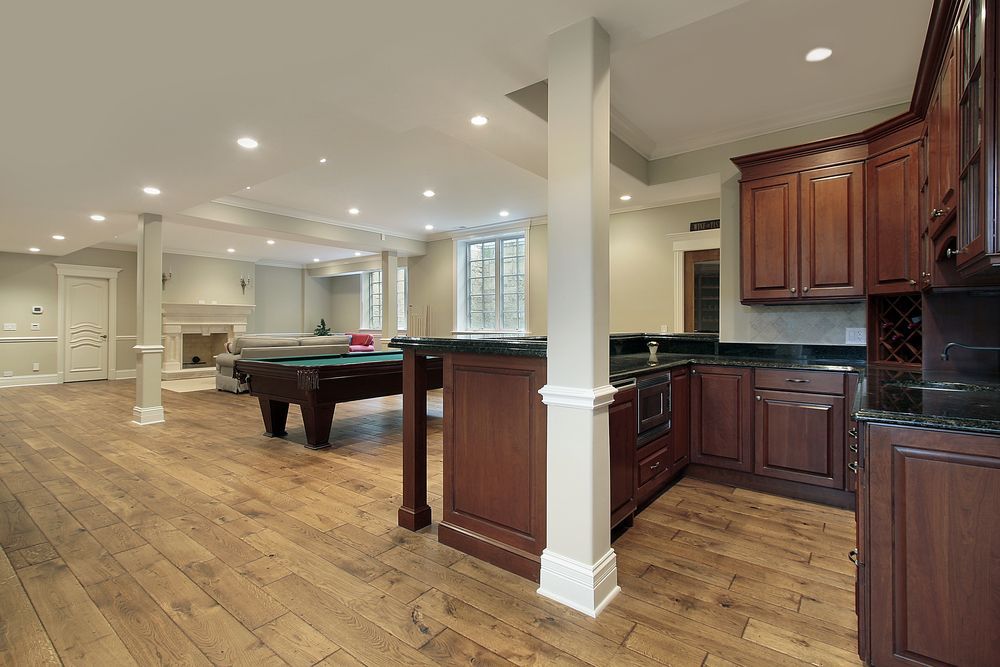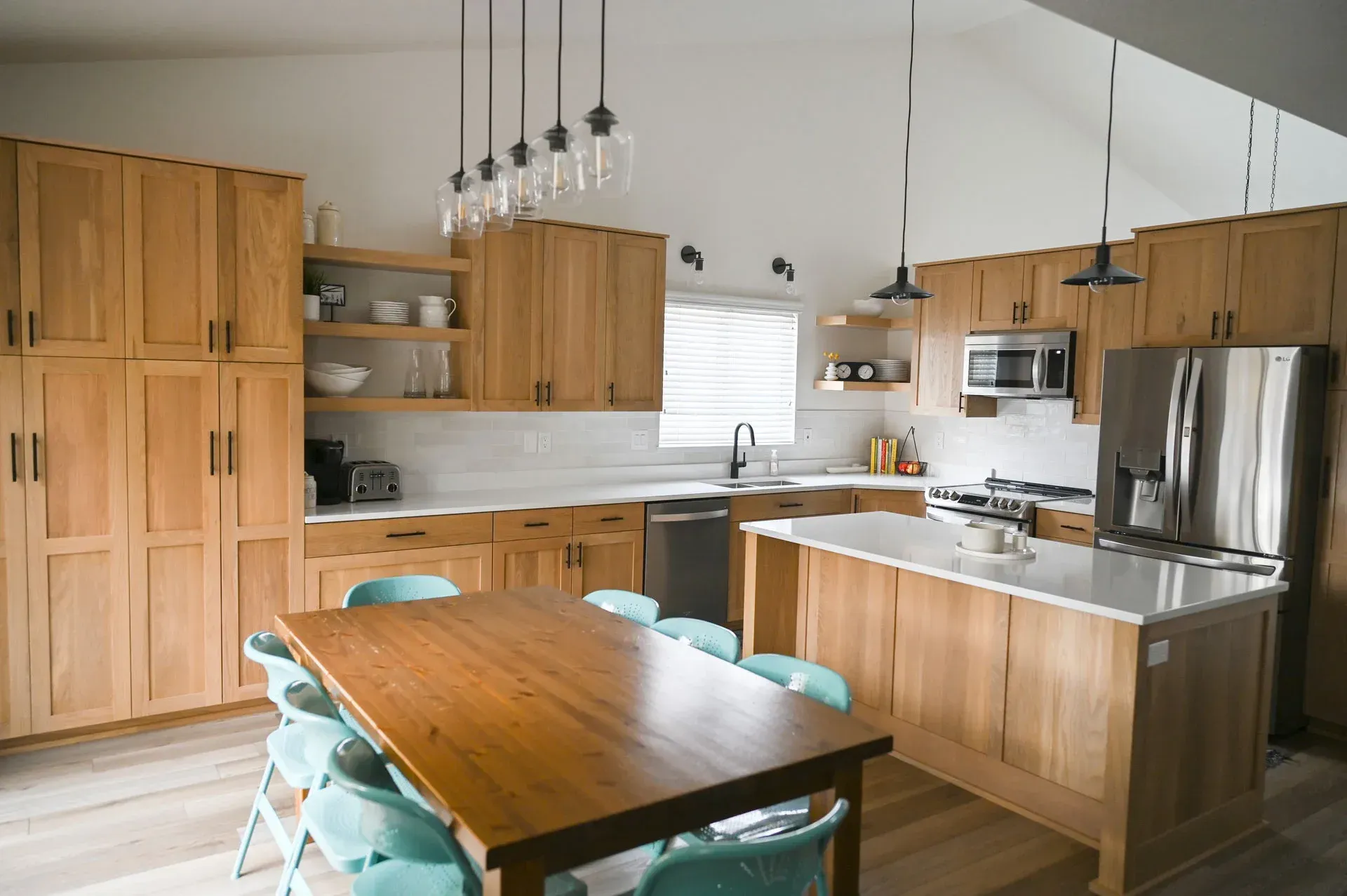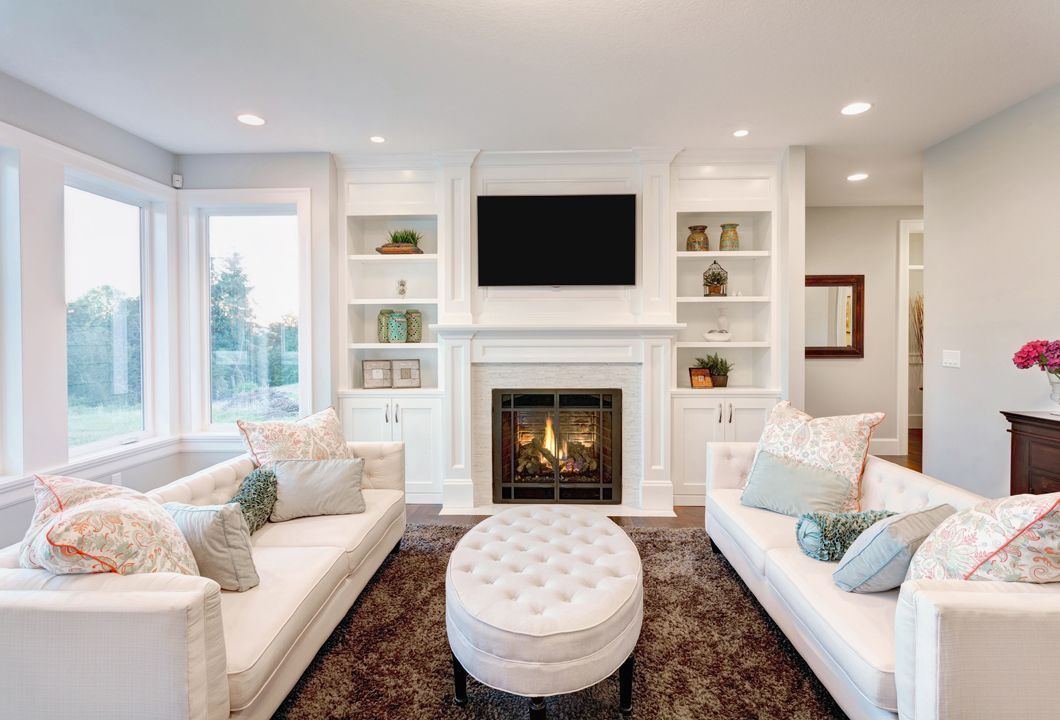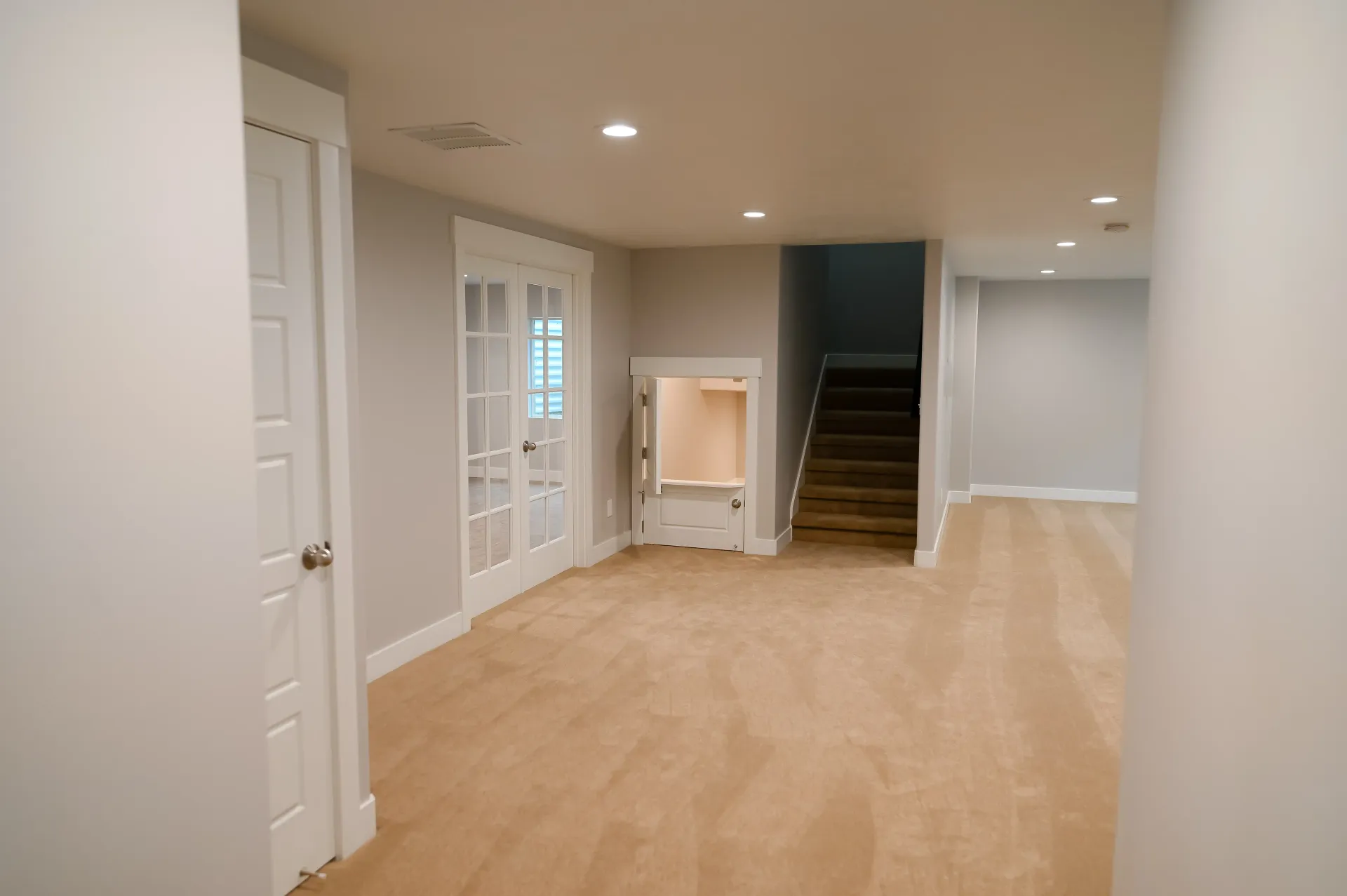Understanding Permits and Regulations for Home Renovations

Homeowners often wonder what permits are required for home renovations, especially when projects involve major updates. Most renovations that involve structural changes, plumbing or electrical work require a permit from the local building authority. Knowing which permits apply not only keeps a project legal but also ensures the work is safe, code-compliant and protected from costly mistakes down the line.
Understanding Permits and Regulations for Home Renovations
Permits are not just red tape. They confirm that a project meets local safety and zoning standards. Home renovation permits cover a wide range of improvements, from building additions and deck construction to wiring, plumbing and HVAC upgrades.
Without the proper permits required for home renovations, homeowners risk fines, failed inspections or difficulty selling their property later. Permits also guarantee that renovations follow structural safety rules, comply with zoning laws and respect historical or environmental requirements when applicable.
Permit Application Process
Applying for a permit usually starts with submitting project plans to your city or county building authority. Many local governments allow online applications, making the process more convenient.
Homeowners should be prepared with:
- A detailed project description and drawings
- Contractor information if professionals are involved
- Proof of property ownership
- Estimated costs of the renovation
Permit fees vary by project type and scope. After submission, the local building authority reviews the plans to ensure they meet construction permit requirements.
Types of Permits for Different Renovations
Different projects call for different permits:
- Building permits: Required for structural changes, additions or demolitions.
- Electrical permits: Necessary when installing or upgrading wiring, outlets or lighting.
- Plumbing permits: Needed for new pipes, water heaters or bathroom renovations.
- Mechanical permits: Cover HVAC systems, furnaces and air conditioning units.
- Special permits: May be required in historical districts or for projects with environmental impact.
Understanding which home renovation permits apply prevents delays and ensures compliance from the start.
Local Building Codes and Compliance
Building codes are the backbone of renovation regulations. They outline how structures must be built, maintained and updated to remain safe. Not adhering to codes can result in fines, forced removal of work or legal liability if accidents occur.
The safest strategy is to work with licensed contractors familiar with local codes. They can guide homeowners through the permit application process and help ensure projects pass required inspections.
Costs and Fees Associated with Renovation Permits
Permit costs vary widely, often based on project scope, location and estimated value of work. Small updates may cost under $100, while larger renovations requiring multiple permits can reach into the thousands. Homeowners should also budget for unexpected fees, such as plan reviews or additional inspections if changes are made during construction.
Planning for these expenses upfront helps avoid financial surprises and keeps renovation budgets on track.
Navigating Zoning Laws and Land Use Permits
Zoning laws control how properties can be used and modified. For example, adding a second story or building an accessory dwelling unit may require zoning approval. Land use permits may also be necessary for major renovations that affect property boundaries or neighborhood layouts.
Challenges like setback restrictions or neighborhood covenants can slow projects if not addressed early. Working closely with local authorities and experienced contractors helps homeowners navigate these hurdles efficiently.
Ensuring Safety Through Inspections and Compliance
After a permit is issued, most projects require inspections at various stages. Inspectors confirm that the work matches approved plans and complies with building codes. If an inspection fails, corrections must be made before moving forward.
These inspections protect homeowners by ensuring the finished renovation is safe, legal and up to code.
Bringing It All Together
So, what permits are required for home renovations? At a minimum, any project involving structural changes, plumbing or electrical systems needs approval from your local building authority. The exact permits vary by project and location, but they all serve the same purpose—ensuring safety, compliance and long-term value for your home.
By understanding the permit application process, budgeting for fees and working with professionals familiar with building codes and zoning laws, homeowners can avoid costly setbacks and complete renovations with confidence.
For residents in Draper, Utah, Bryant Construction offers expert guidance and full home renovation services, including help with permits and compliance, so your project runs smoothly from start to finish.
